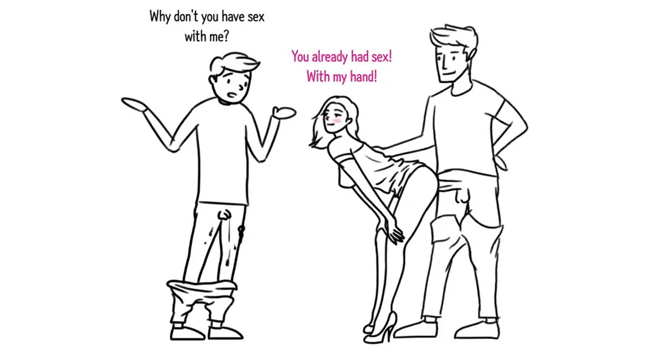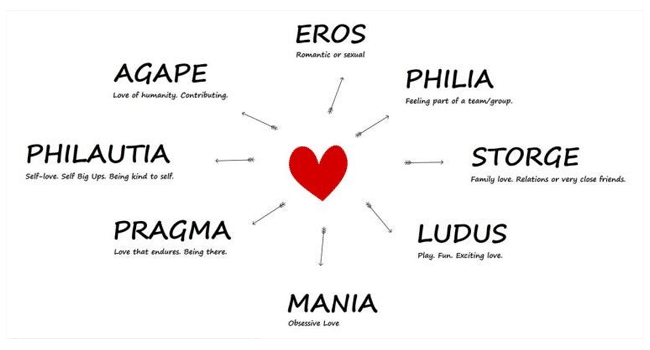We’ve all heard of the dreaded Seven Year Itch, a phrase commonly used to describe a point in a marriage or long-term relationship when a couple may experience a period of restlessness or dissatisfaction. It suggests that after approximately seven years of being together, couples may begin to feel a decline in their initial excitement and romantic feelings, leading to a potential increase in temptation and wandering thoughts.
The idea of this hypothetical point in time became well known by its association with a 1955 comedy film of the same name, “The Seven Year Itch,” starring Marilyn Monroe. In the film, a man’s wife and child leave town for the summer, and he finds himself tempted by a beautiful neighbor, played by Marilyn Monroe. Marilyn is so beautiful and inspirational!
The concept of the “seven-year itch” has been widely discussed in popular culture, literature, and psychology, though it’s important to note that it’s not a scientific or psychological phenomenon. Relationships can go through various stages and challenges, and the timeline for when couples may face difficulties or changes in their dynamics can vary widely. There is no consensus on the exact itch duration but some psychologists call it a 3, 5, 7 or 10 year itch. Regardless of the itch, what is the psychology behind our potential partner boredom?
One theory is that our bodies & minds change and undergo a renaissance every five to seven years. Austrian philosopher Rudolf Steiner’s theory of seven year cycles suggests that human development is based on astrology. A far more likely theory is that our bodies are designed to part ways after child rearing so we can re-partner and further diversify our dna. Human babies are one of the most helpless creatures from birth until about 5-6 years of age. Could it be that our bodies are designed to reject partners after offspring is at an age where they are self sufficient? Scientific American says the the four-year divorce peak among modern humans may represent the remains of ancestral reproductive strategy to stay bonded at least long enough to raise a child through infancy and early toddlerhood. This may create a weak point in our unions.
Whether influenced by child bearing age, or by a change in our bodies and minds it is something that we can be mindful of when curating healthy happy adult relationships. It makes some sense that if we experience large changes in personal growth, experience, knowledge and goals every seven years, that these changes will make a relationship less stable.
One interesting fact is that women get more dominant and feel a greater need to be in charge as they get older. This may stem from a fear of a lessening of conventional female attractiveness or it could be a hard-coded trait of women becoming the matriarch and support role for a family as it matures. This shift in dominance is fascinating and I’ve noticed it with myself and with my peers. As we age we grow into our womanhood and understand that we do not take a support role to our men but a driving force in our partnerships. our partners in fact often take a back seat to us both in and out of the bedroom. This is seen in the desire for older women to explore a more dominant bedroom role including role reversal, pegging and humiliation of their partner. This isn’t to say that all older women are dominant, nobody is alike but there is a proven shift in relationship confidence and dominance as we grow older. We know we’ve got him by the balls. Ok not really but it is still Locktober for the next week after all.
In my mind, the seven-year itch isn’t about a point in time at which your relationship is doomed to fall apart. It’s more about the idea that many couples fall into a routine where kids and jobs take precedence and they no longer become one another’s priority. Relationships require attention and work and they require effort from both partners. Regardless of how long it is before your relationship ‘itch’ begins, it’s useful to build up a toolbox of methods to tackle the rocky road you might find yourself on.














i have just one question did cuckolding your husband help make your marriage better
i would love to hear an answer as my wife suggested we try this. i am unsure though as worry it will hurt our marriage